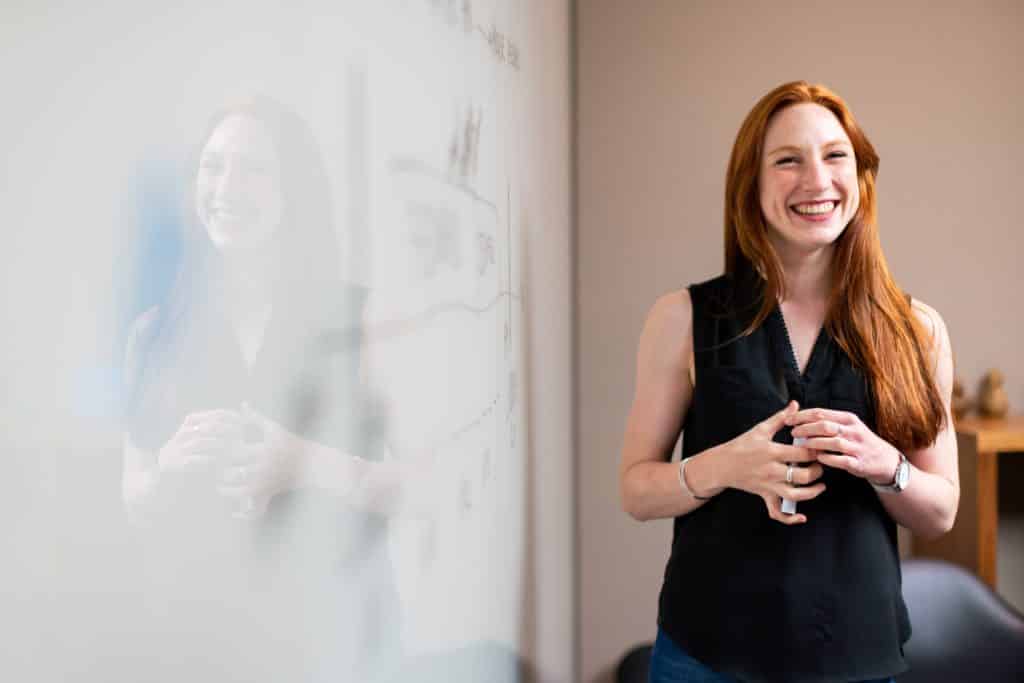
Photo by ThisisEngineering RAEng on Unsplash
What’s the real value added from higher education?
Kay was an unassuming student. Her shyness held her back. She was afraid to ask questions in class and didn’t have a study group to depend on. Her senior year, she took a class that focused on facilitation skills. This was a huge stretch for Kay because it challenged her to overcome her shyness. Her academic advisor suggested she try it. He sensed a hidden talent, that underneath her quiet demeanor was a talented listener.
It was clear from the start of the course that Kay was the star of the class. Her shyness evaporated. She was outstanding at leading her team through discussion topics. A large part of her success was that she was excellent in hearing what her teammates had to say and helping them work through a mutual understanding and appreciation of each other’s points of view.
After graduation, Kay quickly became known for her facilitation skills. She was often called upon to facilitate tough discussions at the highest level of the organization where she worked.
A conversation with a mentor
One of the challenges we face in higher education is guiding students through developmental experiences that force them out of their comfort zone. Students often have latent talents that neither they, nor their professors, realize. Many students have personal traits that go untapped because they never were challenged to develop these. Kay was a natural facilitator because she was an excellent listener who could bring coherence out of the disparate thoughts of others.
It’s not natural for a young adult to move outside their comfort zone. They need guidance from an academic advisor or mentor who really knows them and is willing to go beyond just approving a registration form. The development of this type of supportive connection is perhaps the key value added from a college education. In Kay’s case, one conversation set her on a path of meaningful personal and professional development.
How can we build on the importance of mentors in higher education?
As higher education is confronting one of the most daunting challenges ever, due to the COVID-19 pandemic, maybe it’s time to rethink higher education’s true contributions to our students and society in general. How might we provide the kind of supportive guidance to our students that Kay had? How might we measure the impact of such supportive guidance? Can we do it in a way that captures the real essence of its impact and not just a collection of statistical data? How might we prepare our students to be open to the supportive guidance they receive when the guidance may be very challenging?
Think back on Kay’s story and your own. Was there an academic mentor who similarly guided you or helped you discover a hidden talent? How would your life’s trajectory have been different without the supportive guidance of a mentor?
This post is part of our “Think About” education series. These posts are based on composites of real-world experiences, with some details changed for the sake of anonymity. New posts appear Wednesday afternoons.

